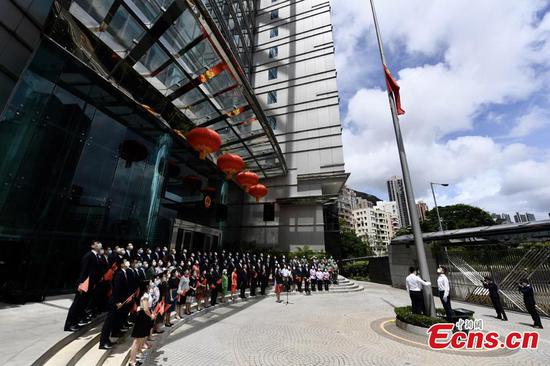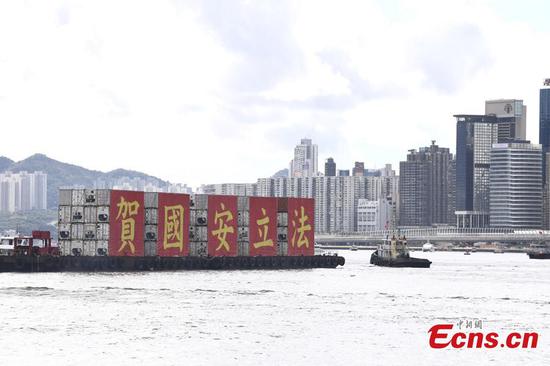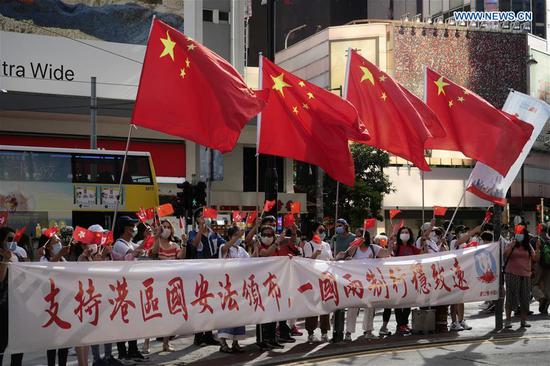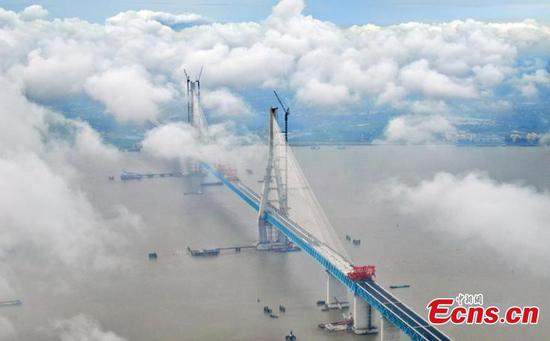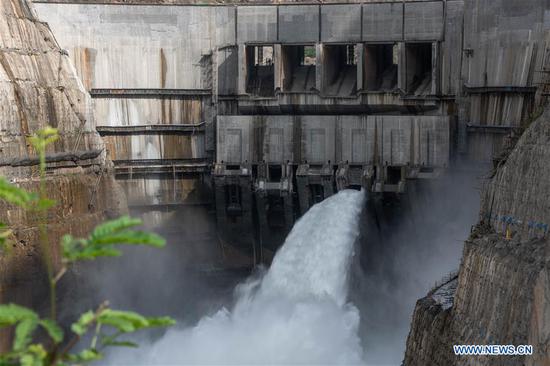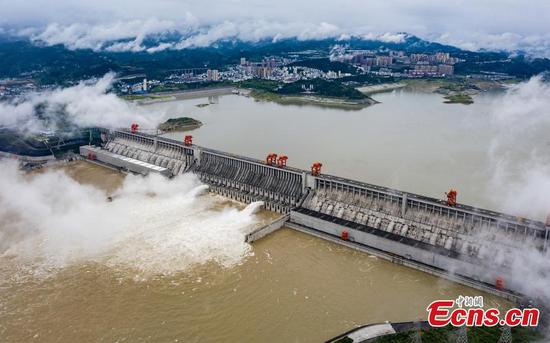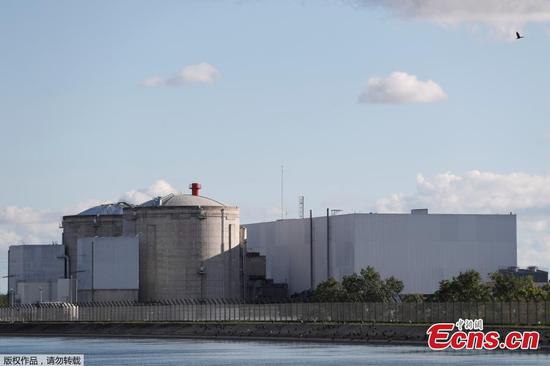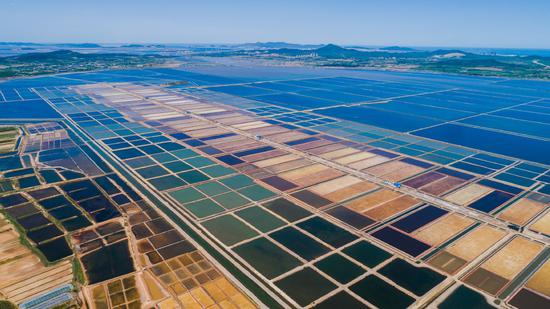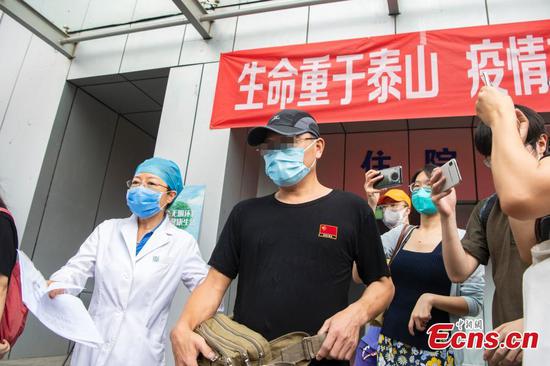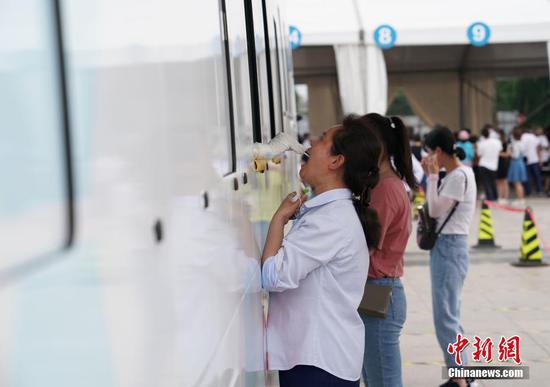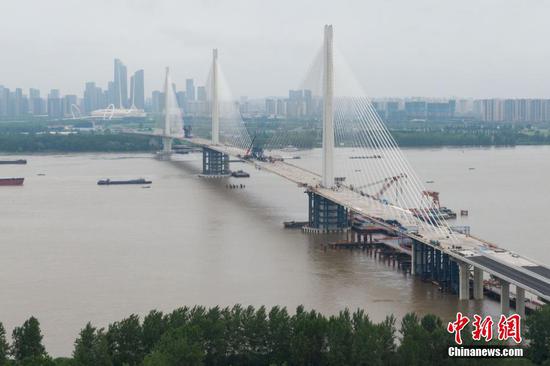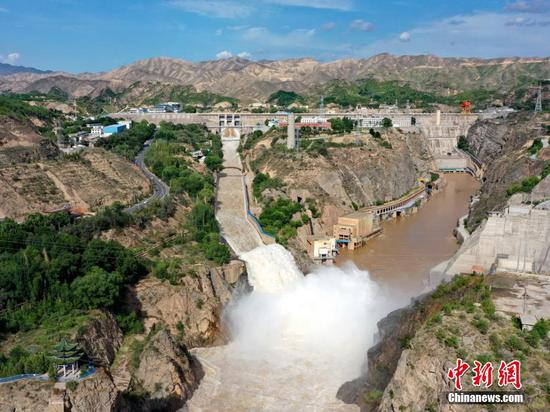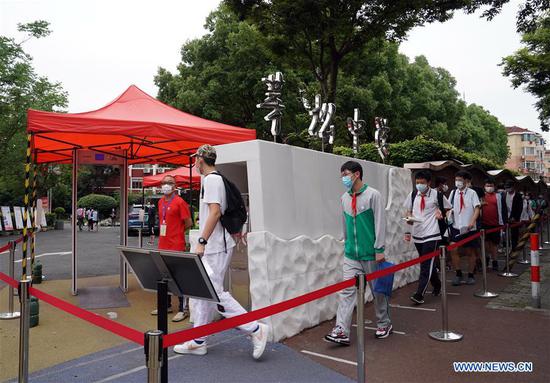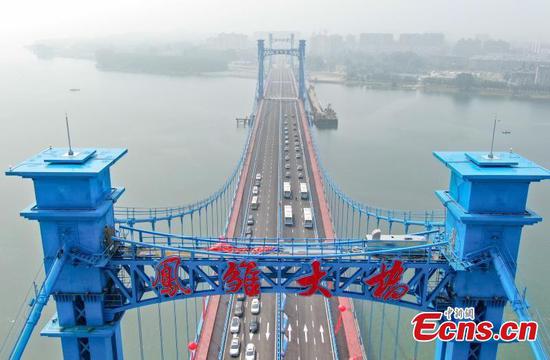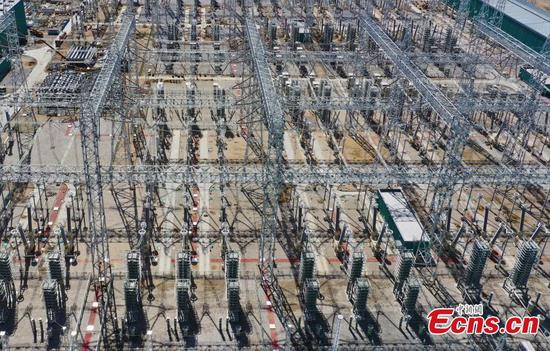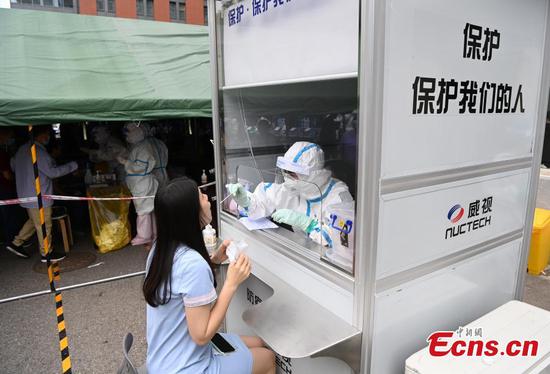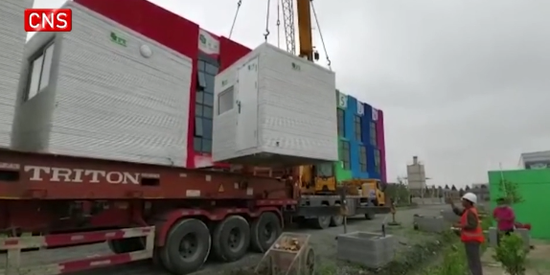
Chengdu Hi--Tech Industrial Development Zone, a national--level high--tech zone established in 1988, is becoming a hub for cutting--edge industries. (Photo provided to China Daily)
State Council executive meeting backs measures to boost reform, opening-up
China is ready to roll out policies to advance the reform and opening-up of National High-Tech Industrial Development Zones to boost high-quality development, the State Council's executive meeting chaired by Premier Li Keqiang decided on Wednesday.
"The vital role of National High-Tech Industrial Development Zones in underpinning innovation-driven development must be brought into full play. If we are to move China's economy up the value chain and promote high-quality development, we must harness the magnetic effect of the high-tech zones, and bring out their potential and strength," Li said.
The meeting noted the exemplary and leading role of the zones as important launchpads for promoting high-quality development in deepening reform and opening-up. They also help spur entrepreneurship and innovation and create jobs for college graduates.
Applicable policies tried and tested in Pilot Free Trade Zones, which are in relation to foreign investment and international trade in both goods and services, and National Innovation Demonstration Zones, which mostly focus on innovative entities and create innovation hubs, will be extended to National High-Tech Industrial Development Zones, where more pro-innovation policies will be piloted. Regulations on long-term multiple-entry visas and residence permits for overseas talent will be relaxed.
"The key in bringing out the advantages of these zones is reform and opening-up. Unjustified restraints shall be removed. The government shall do its best in making a difference where breakthroughs and new steps are possible, to boost market confidence," Li said.
National High-Tech Industrial Development Zones will be further opened up. Diverse forms of cooperation will be encouraged between these zones and foreign counterparts, to better integrate them into international industrial and supply chains.
Such zones will be granted provincial or municipal administrative powers on economic matters.
Commercial banks will be encouraged to set up branches dedicated to science and technology sectors in National High-Tech Industrial Development Zones. Intellectual property pledge financing will be supported.
With 30-plus years of development, the zones have grown into pacesetters in terms of innovation, industry and talent in the country's economic and regional development. They have effectively contributed to the shift of the growth model, structural upgrading and international competitiveness. In 2019, the 169 National High-Tech Industrial Development Zones in China created 12.2 trillion yuan ($1.73 trillion) in output, and their export volume reached 3.8 trillion yuan, accounting for 12.3 percent of China's GDP and 22.05 percent of the country's exports.









